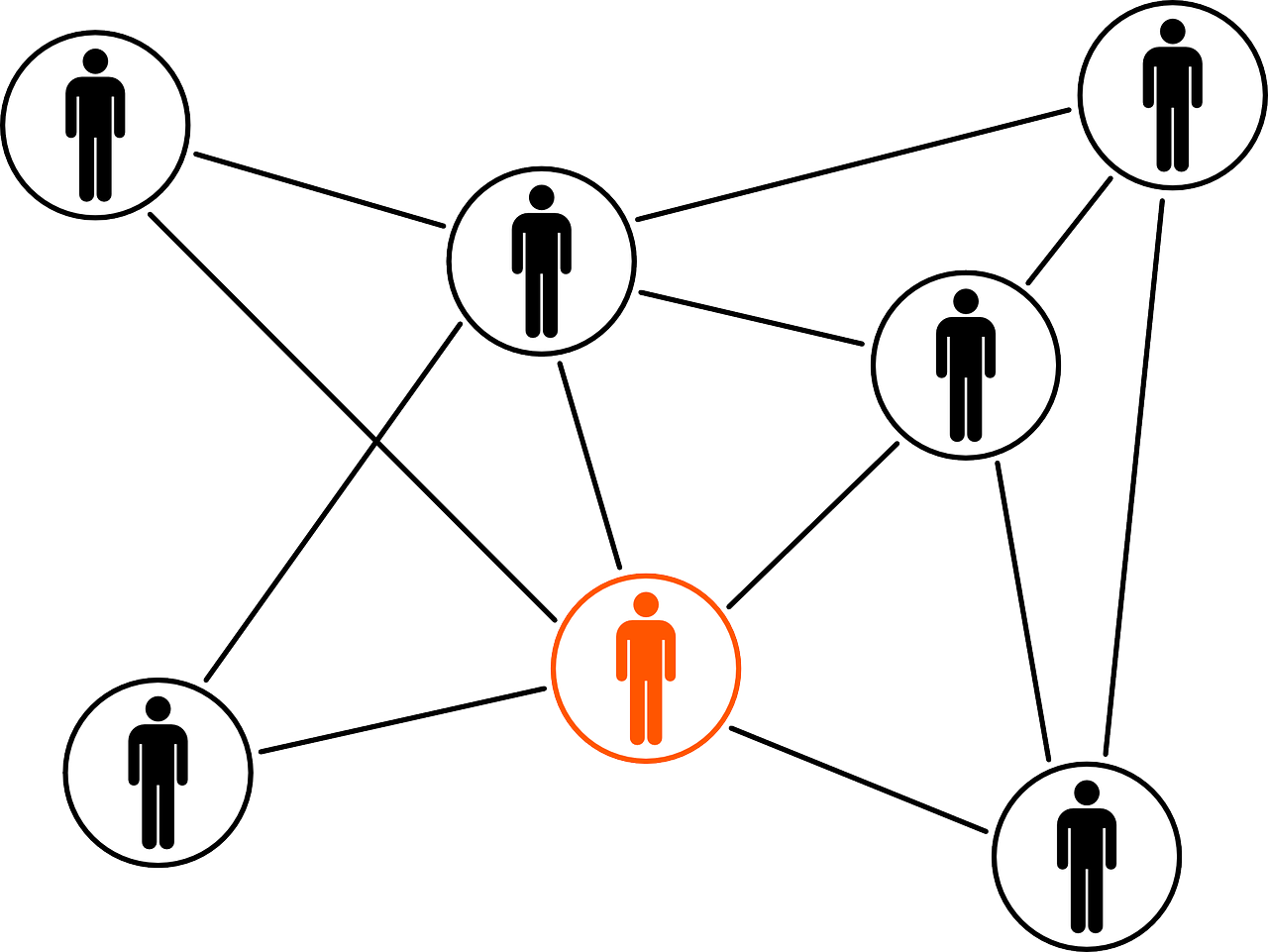Infor M3 and Infor M3 Cloud offer multi-functional capabilities - combined with highly productive new technologies to support mobility and team collaboration - developed over years of working with some of the best companies in the world. Designed for medium to large national and global manufacturers, distributors, and aftersales service providers, M3 provides industry specific process support and functionality built on good practices, and an industry-leading user experience. Flexible deployment options and implementation accelerators yield low total cost of ownership and short time-to-value.
Industry Specific Experience Is Built Into Infor M3
Automating Risk Management While Implementing ERP
Effectively managing Segregation of Duties (SOD) is a key requirement for any enterprise resource planning (ERP) or financial system to pass an audit. Initiation and efficient maintenance of SOD requires a fully automated financial control testing platform to identify, prevent, and mitigate issues that can negatively impact the accuracy, and validity of financial reporting -- putting the organization at risk.
Segregation of Duties (SOD) requires organizations to ensure users of business applications do not have the capability to perform two processes that could permit fraud, waste, and abuse. These are called "toxic access combinations" and enable an individual to execute such fraudulent activities as creating and paying himself as a supplier.
Servitization - A Key Differentiator And Source Of Revenue For Manufacturers And Distributors
Probably one of the most famous quotes in marketing comes from Harvard Business School Professor Theodore Levitt: “People don’t want to buy a quarter-inch drill. They want a quarter-inch hole!”
That, in a nutshell is servitization. Turning a traditional product offering into a service. This new customer-centric feature becomes a differentiator, adding value, building relationships, preventing commoditization, and adding profits. Data insights, generated from the Internet of Things (IoT) are often at the heart of the new service offering. Sometimes the new offering is used to generate revenue, replace the old product-centric business model, or be a complimentary add-on designed to boost loyalty.
Topics: ERP, Manufacturing, Industrial Manufacturing, Enterprise Resource Planning
Manufacturing's Great Debate: Idea or Execution? Which Is More Important To Innovation Success?
Innovation is a central component of the manufacturing industry. It can take many forms and address many functions. It can be a simple tactic for improving shop floor operations. It can be a concept for a new type of product or service. It can be a revolutionary approach that completely disrupts the way you do business. But all innovations start much the same way: as an idea.
How does innovation fit into your growth strategy?
Topics: ERP, Manufacturing, Industrial Manufacturing, Enterprise Resource Planning
Manufacturers everywhere have an extremely underutilized employee. This employee is a robust repository of institutional knowledge, facts, and random trivia. However, this employee is full of latent potential that hasn’t yet been tapped, and they are ready to do so much more.
Ok, so maybe this is a quirky metaphor, but—in case it wasn’t clear—this underutilized employee is your organization’s data. And Data could be doing so much more to help your human employees make better decisions.
For many manufacturers, the collected data is sitting in various databases and spreadsheets, waiting to be called upon, sorted, and analyzed to inform decisions across your organization.
Topics: ERP, Manufacturing, Food & Beverage, Enterprise Resource Planning
Inforum 2019 Focuses On Ease Of Deployment And Intelligent ERP
Infor is focused on productivity improvements and outcomes-based delivery of projects as the keys to ERP technology success.
To enhance productivity, Infor wants to make it easier for customers to move to its CloudSuite systems, a cloud-based ERP, and wants those systems to be embedded with intelligent ERP technologies such as business analytics, as well as AI, machine learning and robotic process automation (RPA).
"We're constantly looking at ways for our software to bring value to your organization," Infor CEO Kevin Samuelson said during Inforum 2019's opening keynote.
There is interest in intelligent ERP, but some customers and analysts believe it's too early to tell if it will be widely adopted in applications.
Topics: ERP, Infor M3, Enterprise Resource Planning, AI, Machine Learning
Infor M3 - Built-In Industry Specific Experience
Digital transformation is impacting all manufacturing and distribution businesses. No matter how complex their supply chain is, manufacturers must be able to respond faster to change, reduce excess inventory, and cut costs. Most importantly, manufacturers must deliver to customers what's been promised, and on time. To keep up with the pace of change requires an agile and modern ERP solution that is flexible enough to handle both the opportunities and challenges manufacturers face today— and tomorrow.
Topics: Digital Transformation, ERP, Enterprise Resource Planning, M3
Download Webinar: 5 Steps For Creating A Common Language To Define Manufacturing Innovation
MASTER SERIES FOR MANUFACTURING: Part 1 - A webinar designed to share a knowledge base for manufacturing sciences & technology and applications to improve production performance.
As we hear more about Industry 4.0; Industrial Internet of Things, and The Digital Factory, it might be a good time to reflect and develop a “Common Language” as it pertains to the word “Manufacturing.”
Since every word has specific meaning, we should ensure that terms such as “Manufacturing” and “Manufacturing Technology” are understood and articulated with a shared language.
This effort could also serve a very useful purpose as we review the developments in the past century and plan ahead for future ones.
“Manufacturing” is the REPETITIVE use of an organized collection of Physical processes, Information Processes and the combination of the two to achieve the “Product” at the required quantity, quality, cost, time and place.
It is the repetitive use of all processes that distinguish “manufacturing” from research, design, product development, etc.
Topics: Digital Transformation, ERP, Manufacturing, Food & Beverage, Webinar, Process Manufacturing, Artificial Intelligence, Fashion PLM
5 Steps For Creating A Common Language To Define Manufacturing Innovation
MASTER SERIES FOR MANUFACTURING: Part 1 - A webinar designed to share a knowledge base for manufacturing sciences & technology and applications to improve production performance.
As we hear more about Industry 4.0; Industrial Internet of Things, and The Digital Factory, it might be a good time to reflect and develop a “Common Language” as it pertains to the word “Manufacturing.”
Since every word has specific meaning, we should ensure that terms such as “Manufacturing” and “Manufacturing Technology” are understood and articulated with a shared language.
This effort could also serve a very useful purpose as we review the developments in the past century and plan ahead for future ones.
“Manufacturing” is the REPETITIVE use of an organized collection of Physical processes, Information Processes and the combination of the two to achieve the “Product” at the required quantity, quality, cost, time and place.
It is the repetitive use of all processes that distinguish “manufacturing” from research, design, product development, etc.
Topics: Digital Transformation, ERP, Manufacturing, Food & Beverage, Webinar, Process Manufacturing, Artificial Intelligence, Fashion PLM
Download Our Webinar: ERP Is Still Changing Dramatically. Even At 30 Years.
Your Current ERP May Not Be So Current!
True, MRP calculations, Inventory Control, Finance, and Operations Management are not exactly new concepts. And yet Digital Transformation is said to impact every industry – so does Digital Transformation impact manufacturing? What does Digital Transformation even mean for manufacturers?
There are lessons to be learned from Amazon, Uber and Apple. Just ask the retailers, transportation and telecommunication companies that have been left behind.
If you are not expanding the reach of your ERP to impact your customer experience, your competitors are.
In this webinar you will learn how your ERP can become the self-service portal that customers demand, how mobile applications will improve the efficiency of your employees, how to sell more with an Omnichannel strategy based on the ERP and even how Artificial Intelligence now plays a role in speed and decision making.
What motivates top manufacturers to make the choice to purchase, replace, or upgrade their Enterprise Resource Planning (ERP) solution may surprise you. Learn how to lead the your company with Digital Transformation, before becoming victim to Digital Disruption.
Topics: Digital Transformation, ERP, Webinar, Artificial Intelligence









